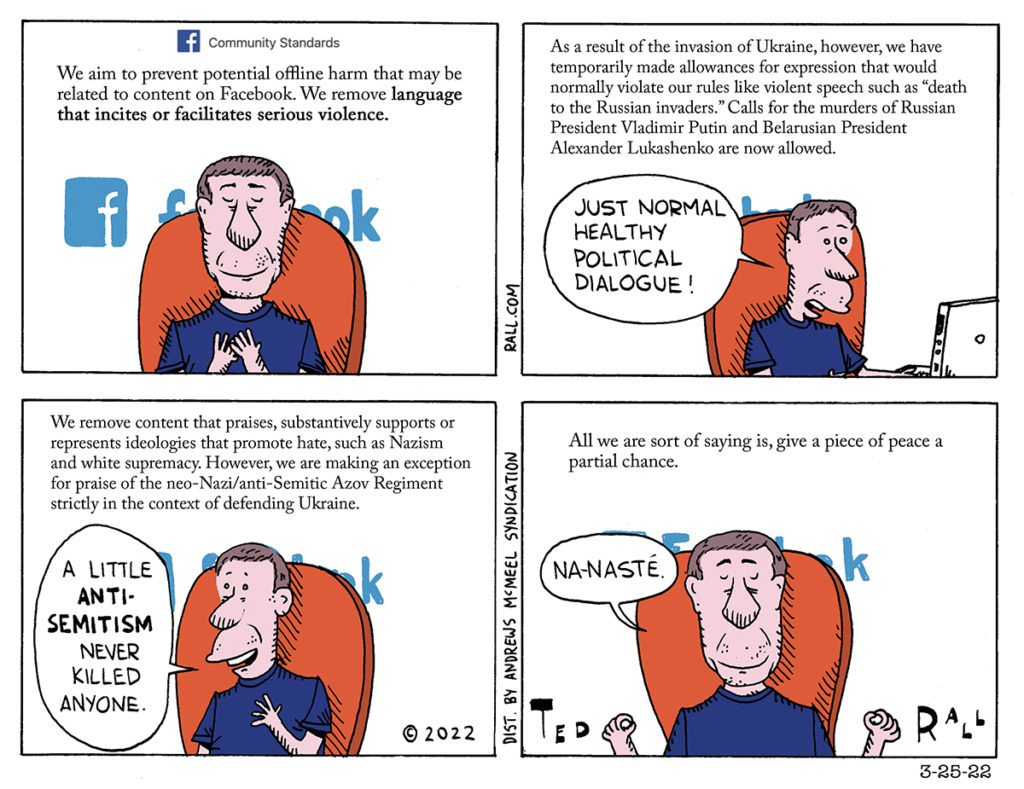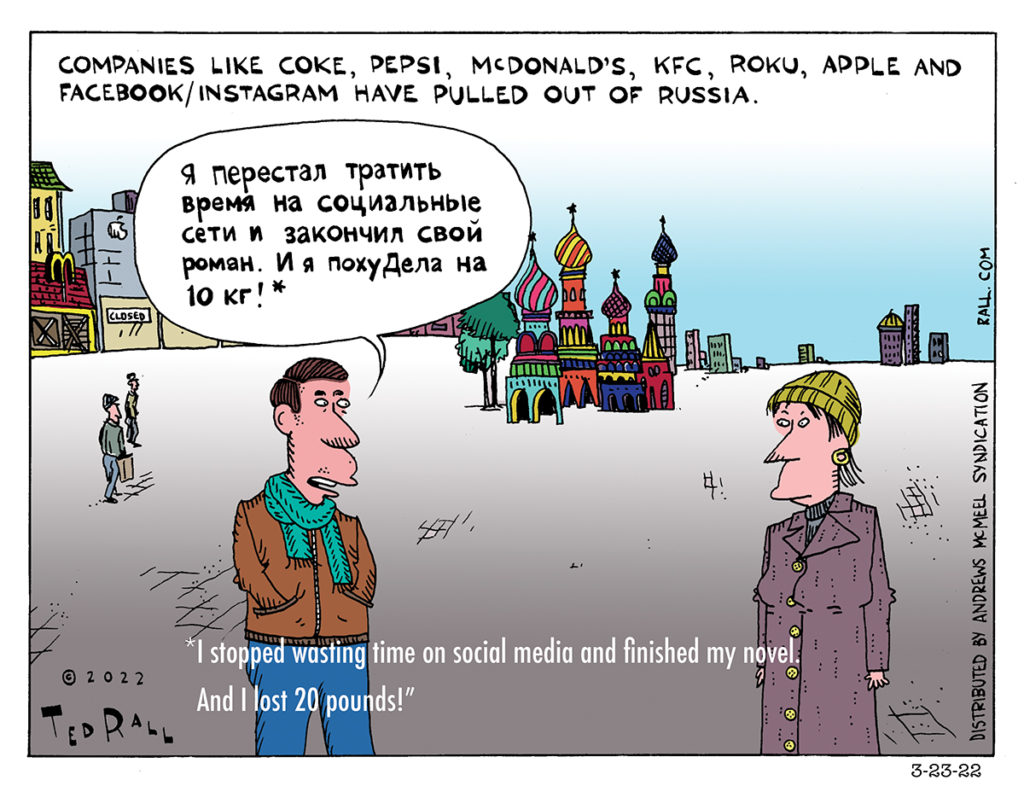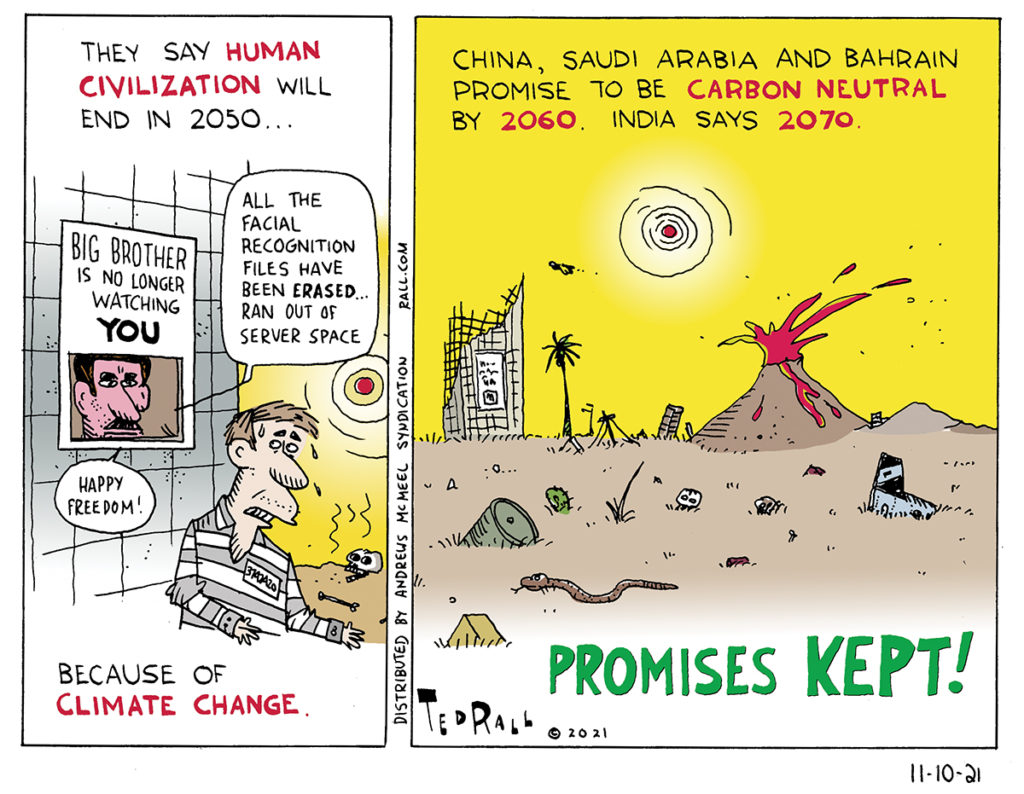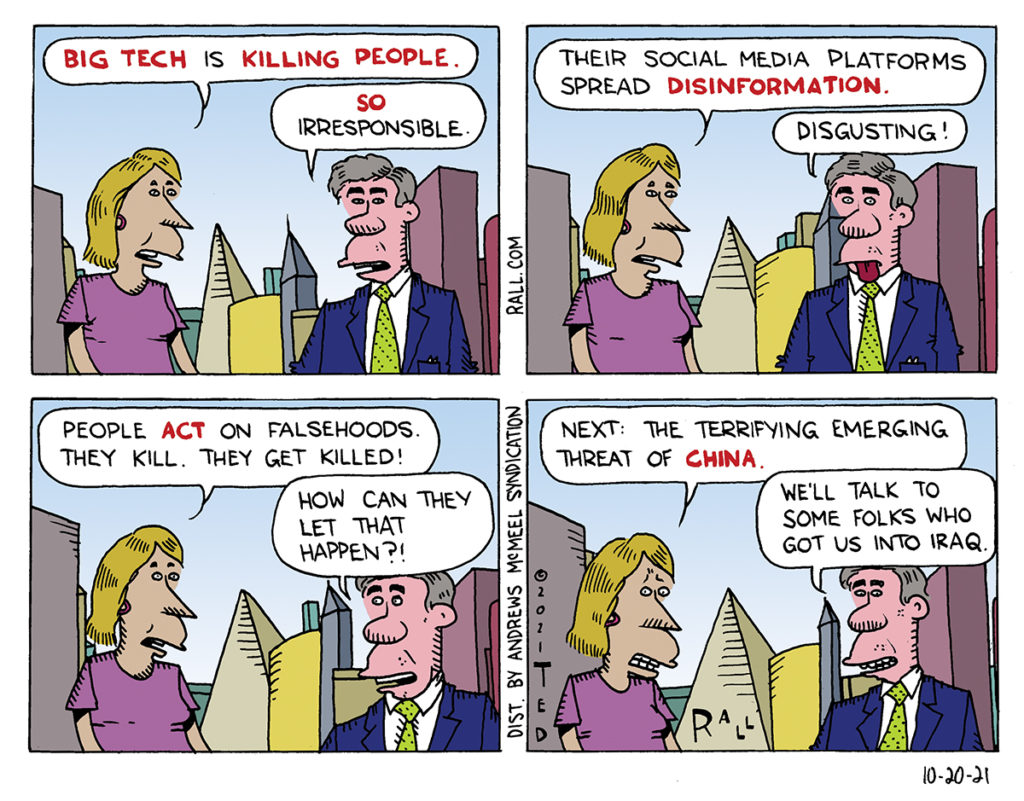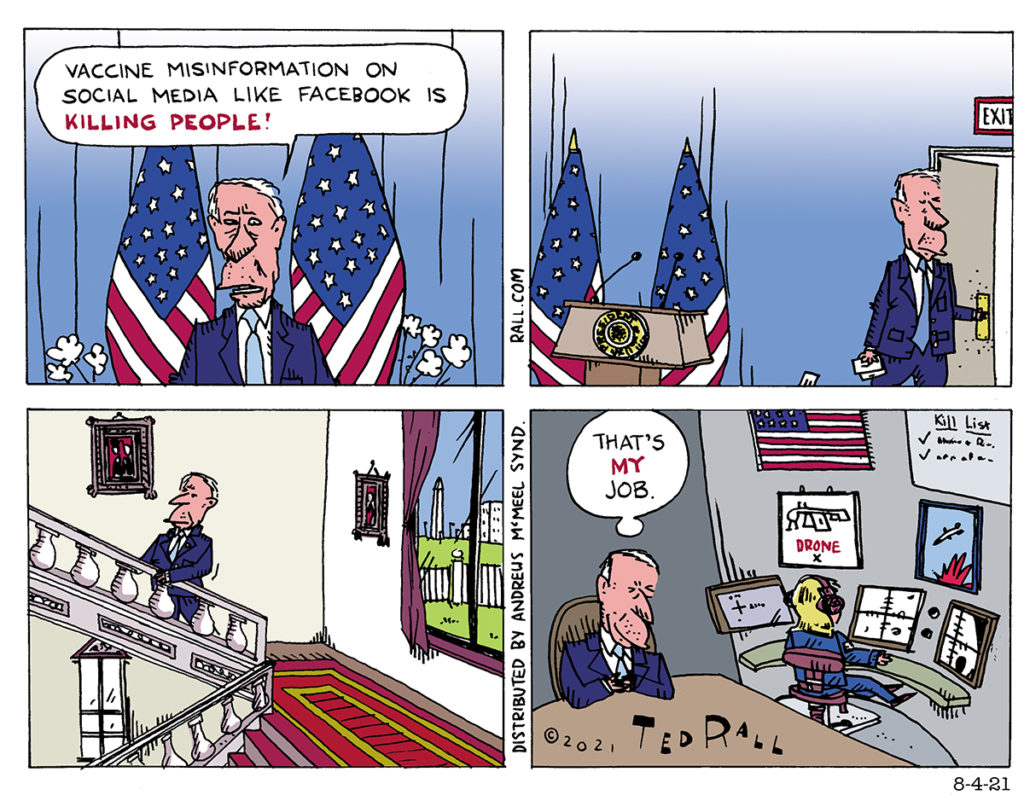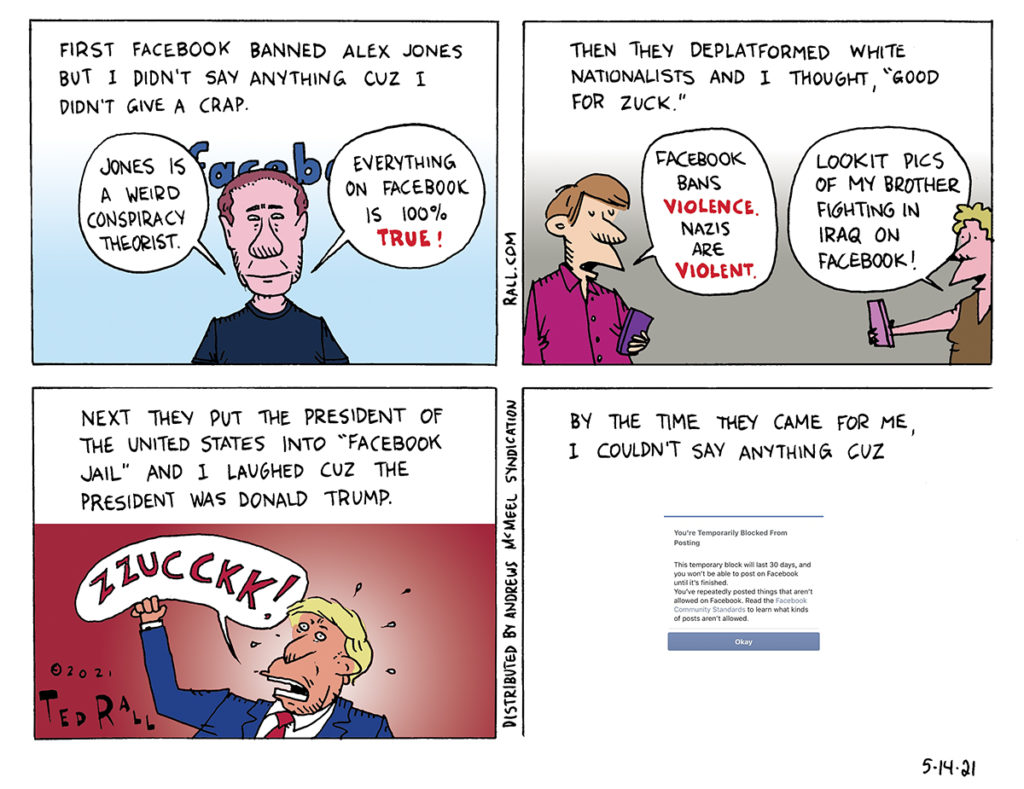Free speech is in the news! Editorial cartoonists Ted Rall (on the Left) and Scott Stantis (on the Right) discuss the high-profile departure of their colleague, Pulitzer-winning political cartoonist Ann Telnaes, from The Washington Post. Meta and Facebook are getting rid of their fact checkers. And TikTok is begging the Supreme Court for its life.


